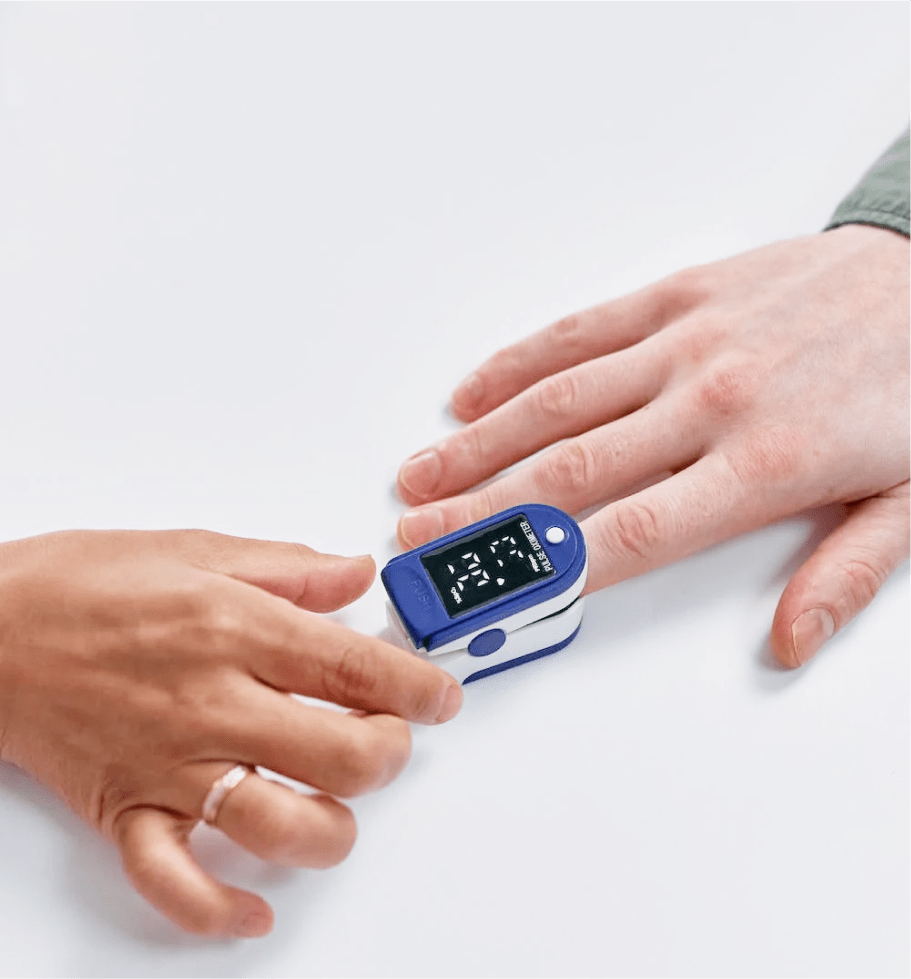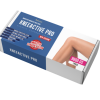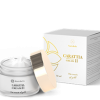High blood pressure, also known as hypertension, is a common health concern that affects millions of people worldwide. If left uncontrolled, it can lead to serious complications. The good news is that there are effective ways to reduce blood pressure and maintain a healthy cardiovascular system. In this blog post, we’ll explore practical strategies to help you lower your blood pressure and promote overall well-being.

1. Adopt a Balanced Diet: Eating a heart-healthy diet is a fundamental step in managing blood pressure. Focus on:
Consuming plenty of fruits, vegetables, and whole grains.
Limiting sodium (salt) intake by avoiding processed foods and using herbs and spices to flavor meals.
Incorporating lean proteins, such as poultry, fish, and legumes.
Choosing low-fat dairy products.
Moderating alcohol consumption.
2. Reduce Sodium Intake: Excessive sodium intake is strongly linked to high blood pressure. Consider these tips to reduce your sodium intake:
Read food labels and choose low-sodium or no-added-salt options.
Limit the use of table salt while cooking or at the dining table.
Opt for fresh, homemade meals instead of processed or fast foods.
3. Exercise Regularly: Physical activity plays a crucial role in managing blood pressure. Engage in aerobic exercises, such as brisk walking, jogging, cycling, or swimming, for at least 150 minutes per week. Additionally, incorporate strength training exercises two or more days a week to improve overall cardiovascular fitness.
4. Maintain a Healthy Weight: Being overweight or obese increases the risk of developing high blood pressure. Aim to achieve and maintain a healthy weight through a combination of regular exercise and a balanced diet. Consult with a healthcare professional to determine your ideal weight range.
5. Manage Stress: Chronic stress can contribute to elevated blood pressure levels. Find healthy ways to manage stress, such as:
Engaging in relaxation techniques like deep breathing exercises, meditation, or yoga.
Pursuing hobbies and activities that bring you joy and help you unwind.
Prioritizing self-care and setting aside time for activities that promote relaxation.
6. Limit Alcohol Consumption: Drinking excessive amounts of alcohol can raise blood pressure levels. If you choose to drink alcohol, do so in moderation. It is recommended to limit consumption to no more than one drink per day for women and two drinks per day for men.
7. Quit Smoking: Smoking damages blood vessels and increases the risk of developing high blood pressure. Quitting smoking is a significant step toward improving your overall cardiovascular health. Seek support from healthcare professionals or smoking cessation programs to help you quit successfully.
8. Monitor Blood Pressure Regularly: Regularly monitor your blood pressure to stay informed about your current levels and track any changes. Home blood pressure monitors are widely available and provide a convenient way to keep tabs on your blood pressure between healthcare visits.
Reducing blood pressure requires a comprehensive approach that includes lifestyle modifications, a balanced diet, regular exercise, stress management, and eliminating harmful habits. By incorporating these strategies into your daily routine, you can take control of your blood pressure and promote a healthy cardiovascular system. Remember to consult with a healthcare professional for personalized advice and guidance. Prioritize your well-being and make positive changes to enjoy a healthier, more vibrant life.






